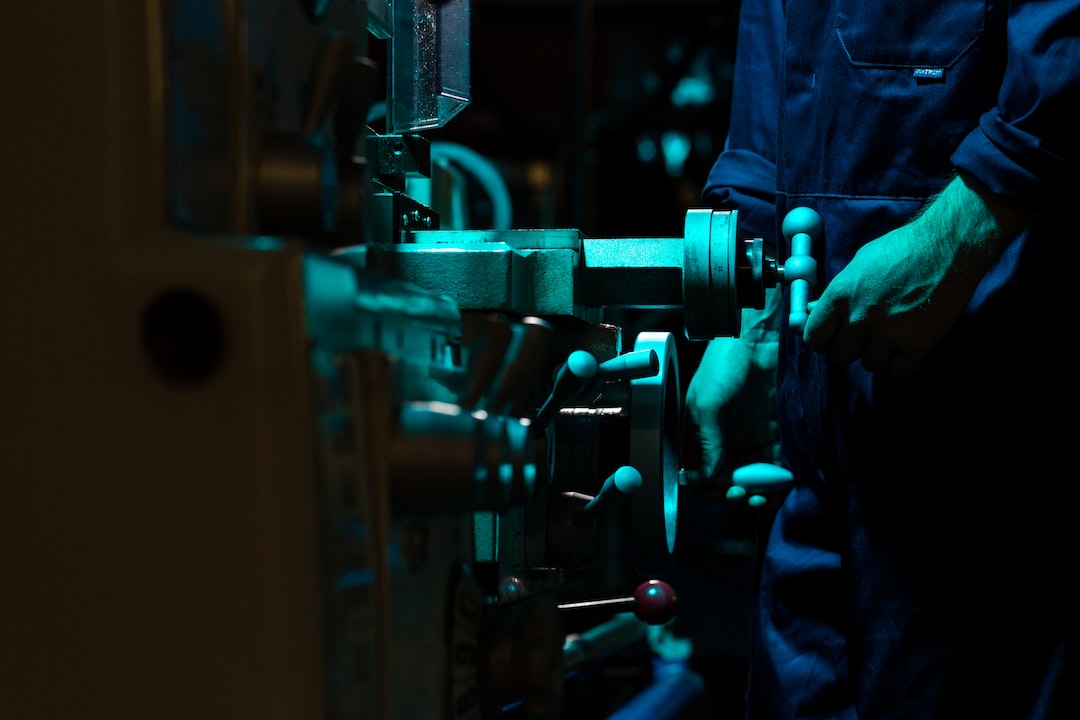Emerging Technologies in the Manufacturing Sector
The manufacturing sector has always been at the forefront of technological advancements. Over the years, factories and plants have embraced various innovations to enhance efficiency, productivity, and profitability. Today, with the rapid development of emerging technologies, new opportunities are arising for the manufacturing sector. These technologies have the potential to revolutionize the industry, creating a new era of smart factories and automated production lines. Let’s explore some of the emerging technologies that are driving this transformation.
1. Internet of Things (IoT):
IoT refers to the network of interconnected devices that can communicate and exchange data with each other. In the manufacturing sector, IoT plays a crucial role in creating intelligent supply chains, improving operational efficiency, and optimizing production processes. IoT sensors can gather real-time data from machines, enabling manufacturers to monitor performance, detect anomalies, and schedule predictive maintenance. This technology also facilitates seamless integration between different components of the production line, enabling better coordination and synchronization.
2. Artificial Intelligence (AI):
AI is another game-changer in the manufacturing sector. With machine learning capabilities, AI systems can analyze vast amounts of data to identify patterns, generate insights, and make intelligent decisions. Manufacturers can leverage AI to optimize production schedules, streamline inventory management, and predict demand fluctuations. AI-powered robots and cobots (collaborative robots) have also emerged as important assets in the manufacturing industry, performing repetitive tasks with high precision and speed.
3. Additive Manufacturing (3D printing):
Additive manufacturing or 3D printing has gained significant attention in recent years. This technology allows manufacturers to create complex, three-dimensional objects by adding layers of material. 3D printing is transforming the manufacturing sector by reducing lead times, eliminating tooling costs, and enabling mass customization. It opens up new possibilities for rapid prototyping, on-demand production, and supply chain decentralization. From producing spare parts to creating custom-made products, 3D printing is revolutionizing the way manufacturers operate.
4. Robotics and Automation:
Robotics and automation have been part of the manufacturing sector for several years, but recent advancements have taken them to new heights. Robots are now smarter, more agile, and capable of handling intricate tasks. They can work alongside human operators in a safe and collaborative manner, increasing overall productivity and efficiency. Automation technology enables manufacturers to achieve higher levels of precision, consistency, and accuracy in production. From automated assembly lines to robotic material handling, this technology is reshaping the manufacturing landscape.
5. Augmented Reality (AR) and Virtual Reality (VR):
AR and VR technologies are finding their applications in the manufacturing sector as well. By superimposing digital information on real-world objects, AR enhances the efficiency of maintenance and repair processes. Technicians can use AR glasses or devices to access live data, step-by-step instructions, and remote expert assistance, reducing downtime and increasing productivity. VR, on the other hand, enables manufacturers to simulate and visualize complex production processes in a virtual environment, facilitating design validation, employee training, and workflow optimization.
6. Blockchain:
Blockchain technology, famous for its association with cryptocurrencies like Bitcoin, has the potential to disrupt the manufacturing sector. By providing a transparent and immutable ledger of transactions, blockchain can enhance traceability, improve supply chain visibility, and ensure product authenticity. Manufacturers can employ blockchain to track raw materials, verify certifications, and maintain a secure record of every step in the production process. This technology is particularly valuable for industries that require stringent compliance and assurance.
These emerging technologies are transforming the manufacturing sector at an unprecedented pace. From optimizing operational efficiency to unlocking new business models, manufacturers need to embrace these innovations to stay competitive in today’s dynamic market. By leveraging the power of IoT, AI, 3D printing, robotics, AR/VR, and blockchain, manufacturers can revolutionize their processes, improve product quality, reduce costs, and deliver greater value to customers. The era of smart factories and intelligent manufacturing has just begun, and those who adapt will thrive in the evolving landscape of the manufacturing sector.

